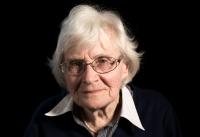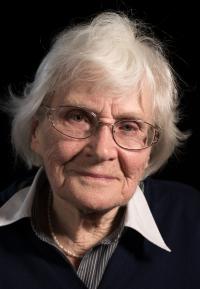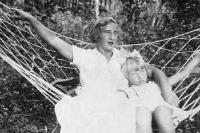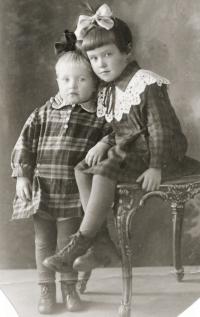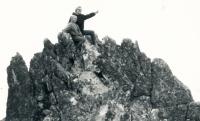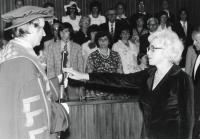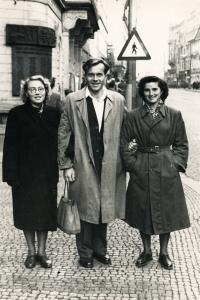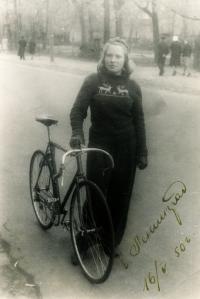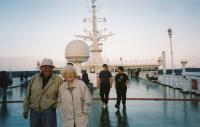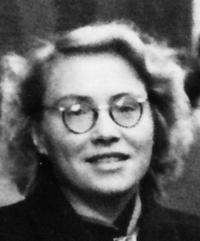She put glue, bay leaf, and some spices in water and that was our meal

Stáhnout obrázek
Irina Juřinová was born on 15 March 1930 in Saint Petersburg as the only daughter of Mr. and Mrs. Klučira. She used to play chess with her father after school; at times the whole family went to see a theatre show. After the outbreak of war he parents had to serve the military needs and she was looked after by her grandma with whom she lived through the siege of Leningrad. She had also spent part of the war in the countryside. Following her return she studied pedagogy where she met her future husband Karel Juřina. In 1954 she and her mother moved to Czechoslovakia where the couple worked as teachers. Both had clearly condemned the 1968 Soviet invasion which lead the her husband being expelled from the party. She still returns to St. Petersburg every year for 27 January to celebrate an anniversary of its liberation.
